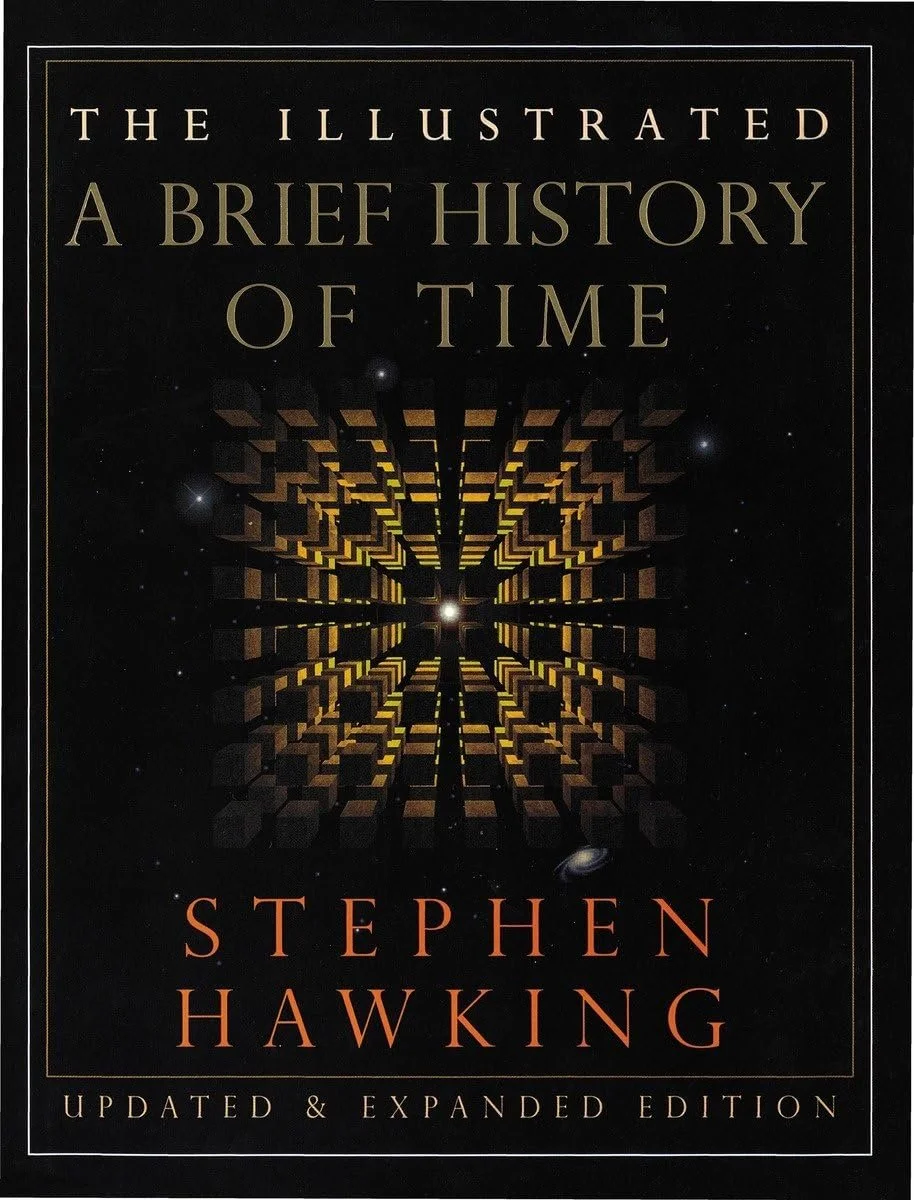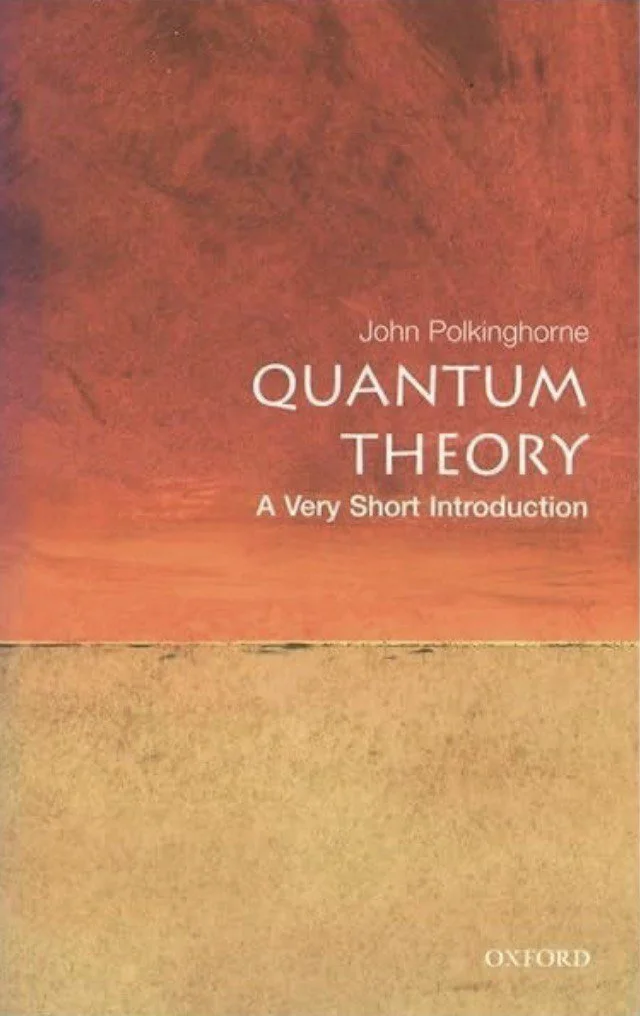Here, I share my personal reviews of physics books I’ve read. From thought-provoking concepts to practical applications, these are the books that sparked my curiosity and deepened my understanding of the world around us
Six Easy Pieces: Essentials of Physics Explained by Its Most Brilliant
This book is a delightful introduction to the fundamental principles of physics, written by one of the most brilliant and charismatic physicists of all time. Richard Feynman’s clear explanations and engaging style make complex topics—like energy, gravity, and quantum mechanics—accessible and enjoyable. Ideal for beginners, it combines wit and insight, inspiring readers to appreciate the beauty and simplicity of the physical world. A must-read for anyone curious about how our universe works.
Another book by Richard Feynman from the same series, capturing and exploring the concepts of relativity, symmetry, and space-time in its chapters. If you enjoyed the previous part, this is a must-read for you that delves into
The Illustrated Brief History of Time
by Stephen Hawking
Written by one of the greatest minds of our time, Stephen Hawking, this book explains the universe—its origins, structure, and mysteries—in simple terms. Hawking explores big ideas like the Big Bang theory, black holes, and the nature of time, making complex concepts accessible to everyone. It’s a fascinating read for anyone curious about space, time, and the laws of physics, from one of the most brilliant physicists in history.
by Richard P. Feynman, Robert B. Leighton, Matthew Sands
Six Not-So-Easy Pieces: Einstein's Relativity, Symmetry, and Space-Time
by Richard P. Feynman, Robert B. Leighton, Matthew Sands
Quantum Theory: A Very Short Introduction
by John Polkinghorne
This book explains the basics of quantum theory in a simple and straightforward way. It covers key ideas like wave-particle duality and quantum entanglement, making them easy to understand. Perfect for beginners, it gives a clear picture of how quantum physics works and why it’s important in science today.



